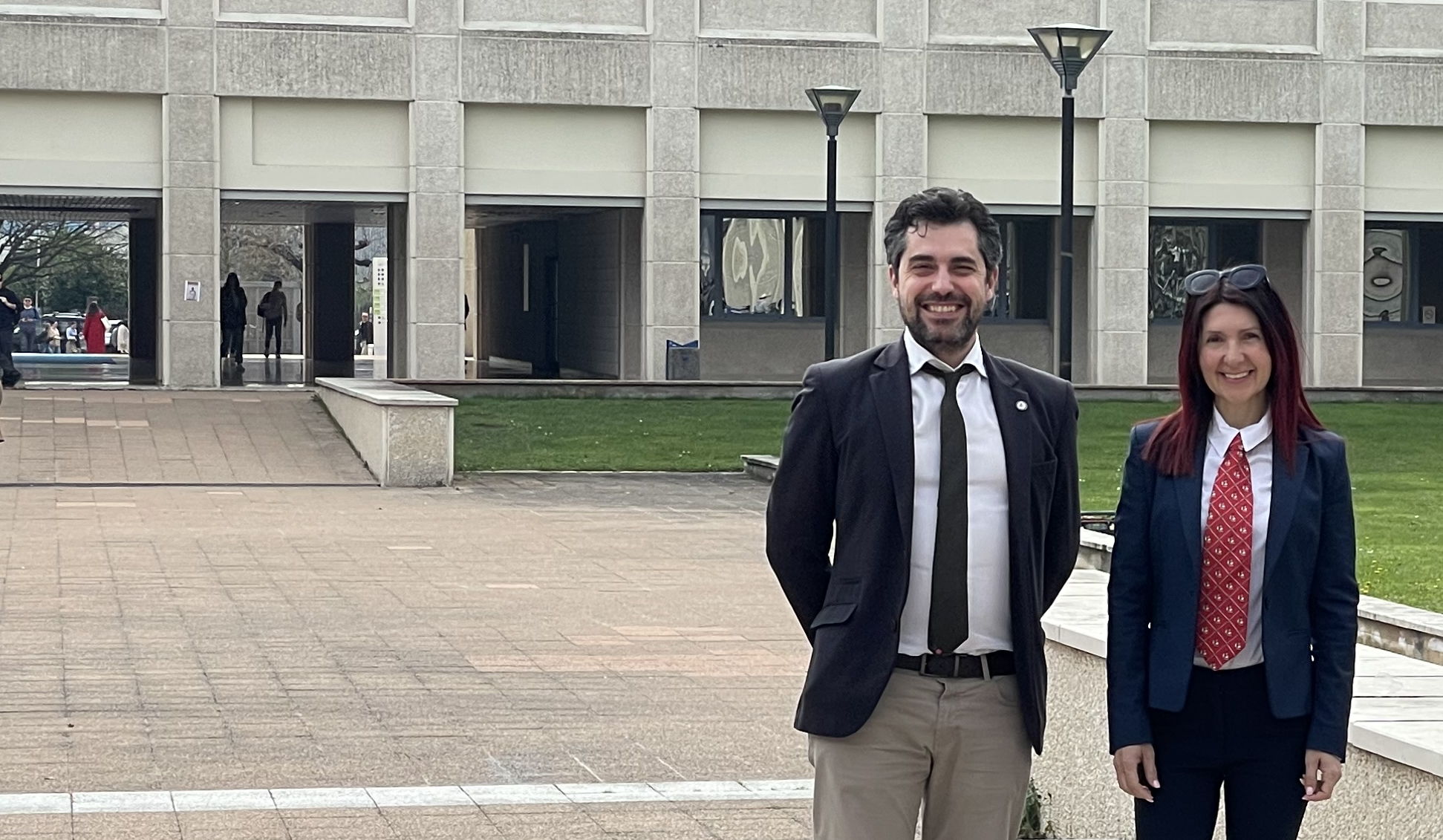Professor Federico Cerutti of the Department of Information Engineering is leading three groundbreaking research projects that promise to transform the current technological landscape. The first project, titled “NS-CEP: Neuro-Symbolic Complex Event Processing” (funded by the European Office of Aerospace Research & Development (EOARD) under award number FA8655-22-1-701) aims to explore neuro-symbolic architectures to address uncertainty situations in modern cyber-physical systems. By surpassing the current paradigm based on neural networks, the research team aims to introduce a new agenda in neuro-symbolic/neural-algorithmic reasoning. The second project, "Neurosymbolic Approaches for Reconnaissance in Dynamic Environments by Teams of AI and Human Agents” (funded by the US DEVCOM Army Research Laboratory (ARL) under Cooperative Agreement W911NF2220243) focuses on enhancing collaboration between intelligent robotic agents and humans in hazardous and highly dynamic environments. Through explainable AI/ML systems aware of uncertainty, the team aims to enable more effective collaboration between humans and AI agents. Finally, the third project, “ACRE: AI-Based Causality and Reasoning for Deceptive Assets” - funded by the Italian Ministry of University, RIN 2022EP2L7H (ACRE: AI-Based Causality and Reasoning for Deceptive Assets) - seeks to revolutionize the analysis of cyber threats in Italy and Europe. By utilizing approaches based on Machine Learning and Artificial Intelligence, the project aims to improve understanding of cyber threats, accelerate the detection of new threats, and enhance active defense mechanisms.
Meanwhile, Professor Anna Richelli of the Department of Information Engineering, along with her team of researchers, is working on the project "VI4VI virtual imagines for visual impaired". This project aims to implement a system that makes digital visual content accessible to visually impaired individuals by integrating haptic human-machine interfaces. By combining a haptic glove, a computer, and a webcam, the system will provide vibrational and tactile feedback to enable visually impaired individuals to access visual content, opening up new opportunities in education and communication.
These projects represent just a glimpse of the new frontiers of technological innovation in the field of Information Engineering, demonstrating the ongoing commitment of researchers to tackle complex challenges and promote innovative solutions for the future.


